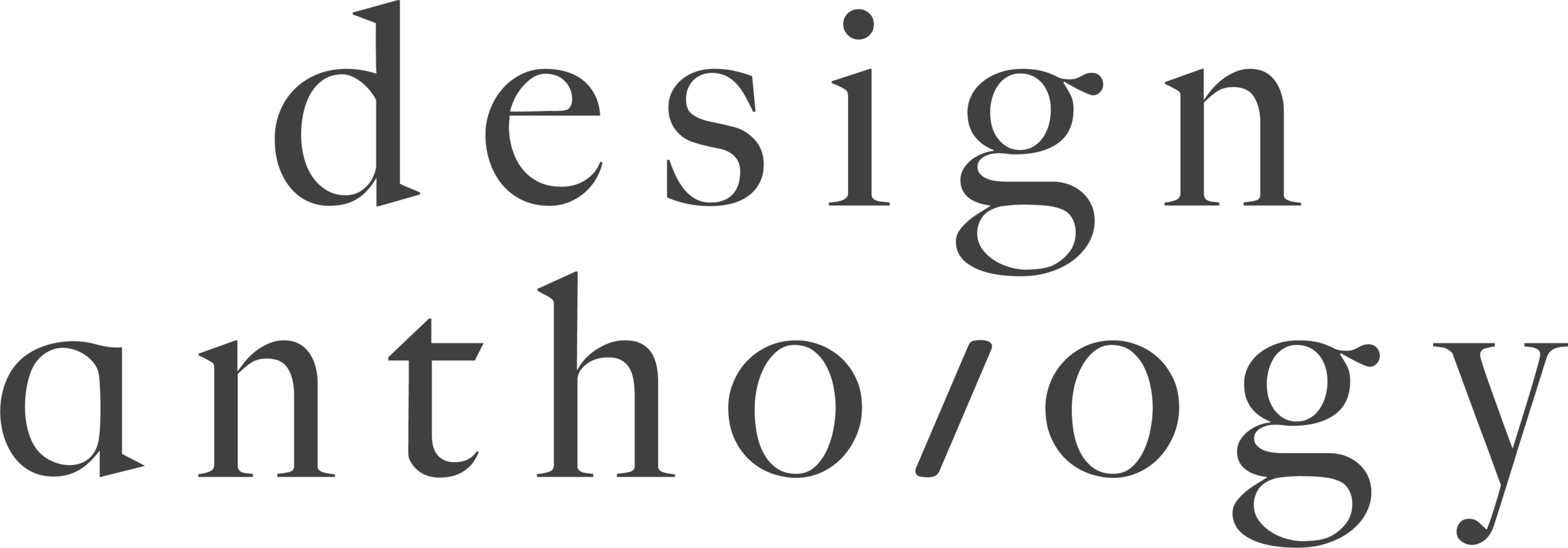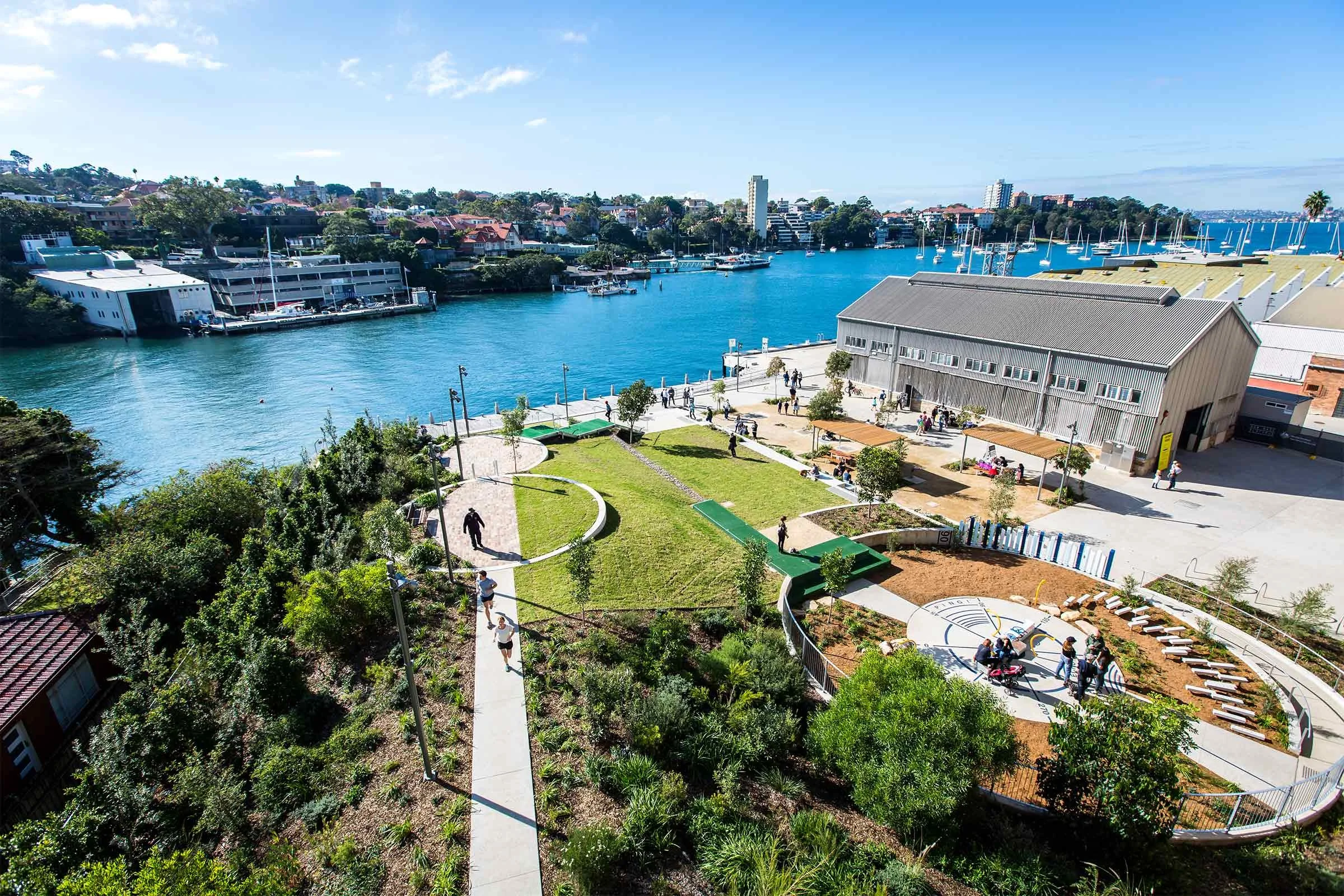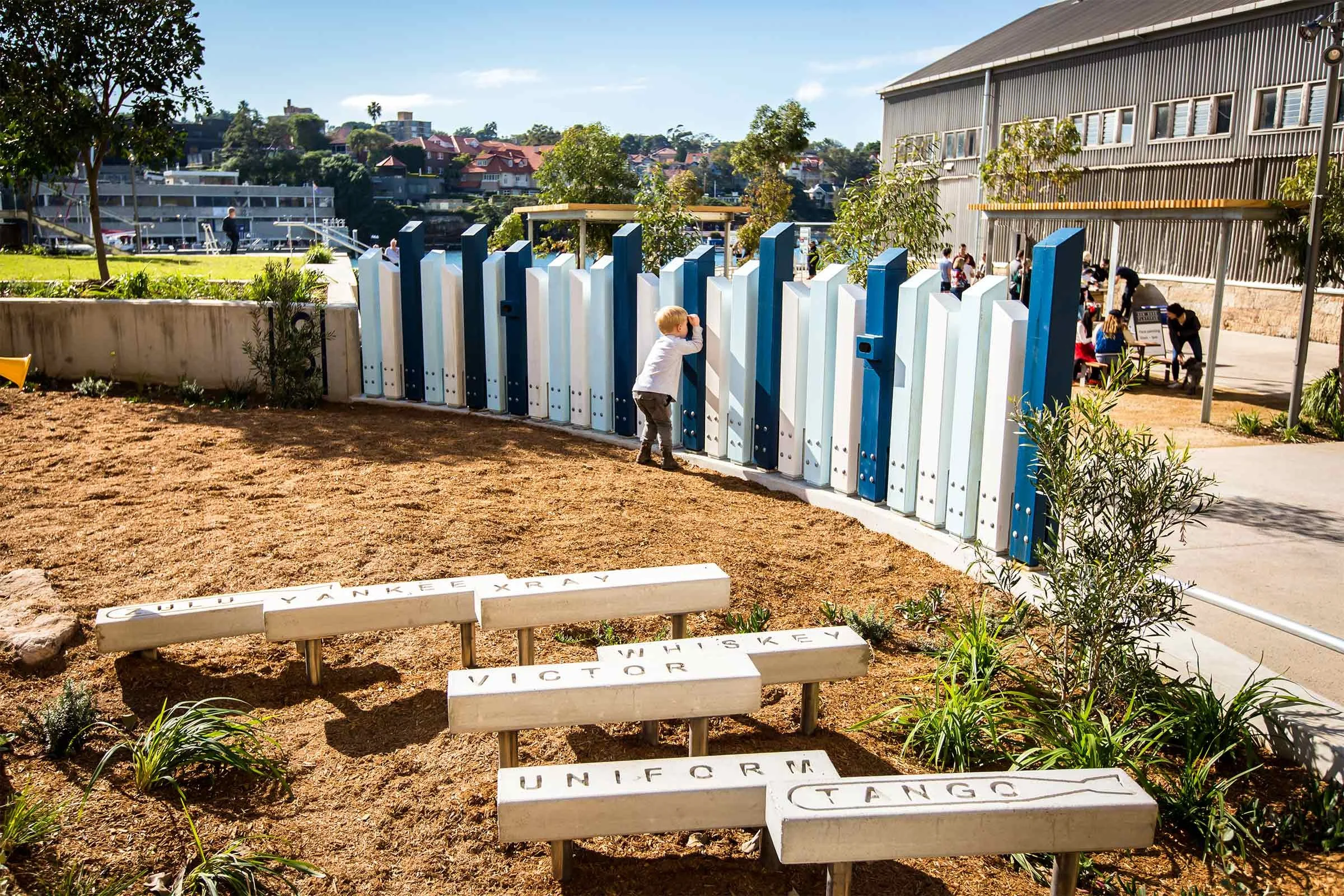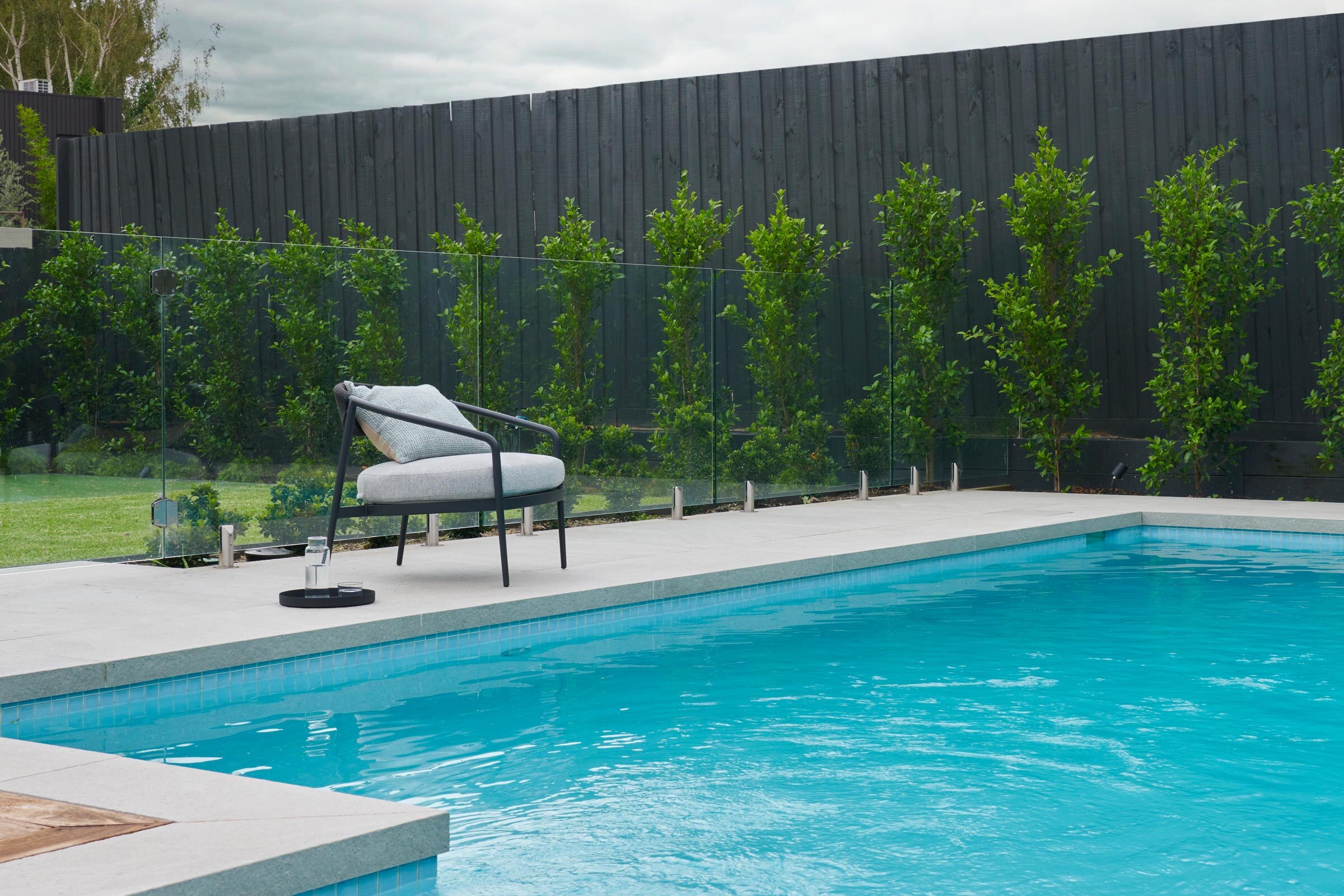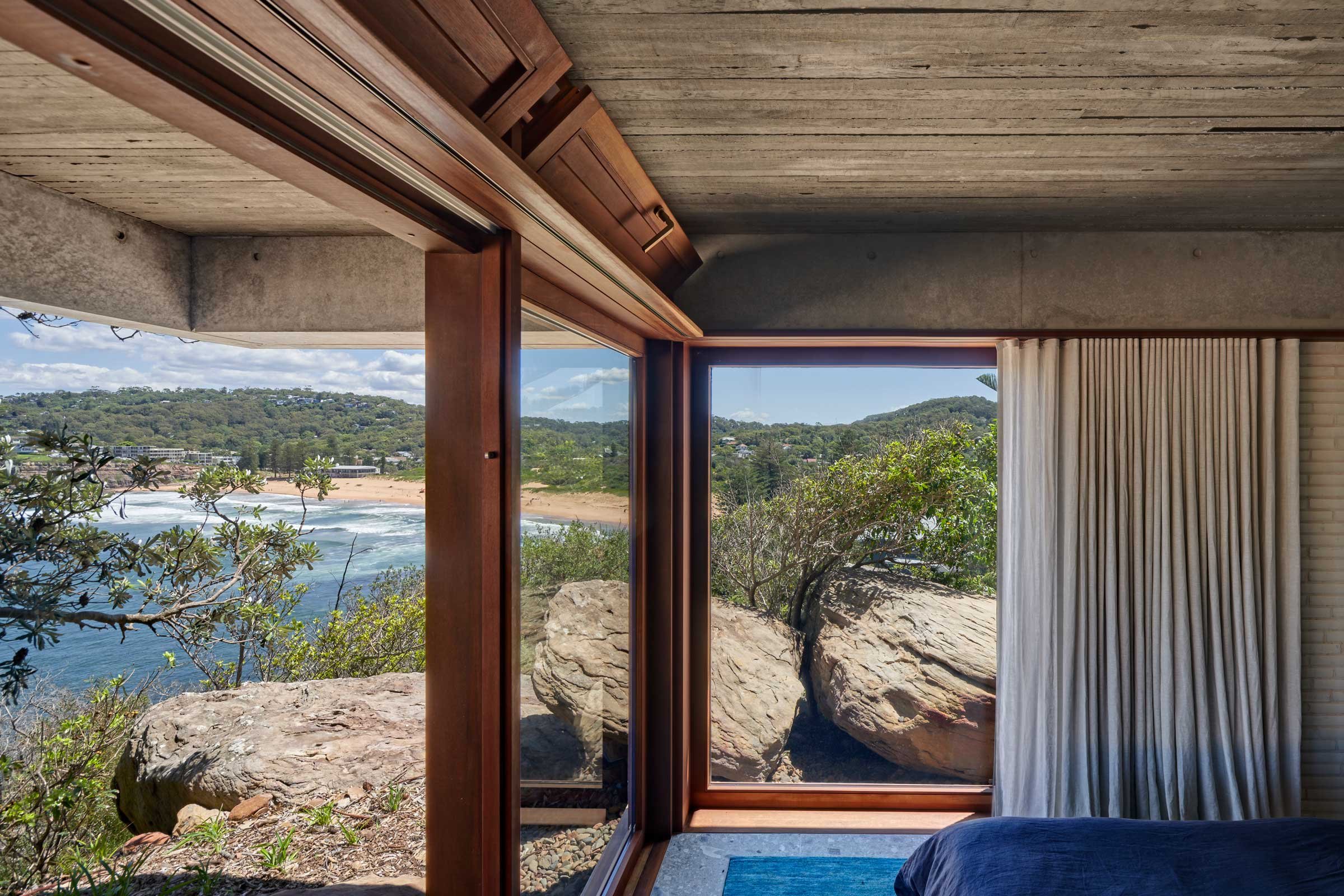A Quintessentially Sydney Home for Koskela

Lifestyle brand Koskela has launched a new concept space and HQ at Sub Base Platypus, a former submarine base in North Sydney, where its founders continue to showcase ethically made products from Australia and around the world as well as work by First Nations artists and makers
It was during the COVID lockdown that Sasha Titchkosky and Russel Koskela stumbled on what is now the new showroom for their lifestyle brand Koskela. Limited to walks around their neighbourhood, the pair came across Sub Base Platypus, a former torpedo factory, submarine base and gasworks turned community recreation area and creative hub on prime harbour foreshore.
‘Why isn’t anyone here? It’s amazing,’ Titchkosky recalls thinking to herself about the mostly empty development that had recently been opened for leasing. Interest piqued, the co-founders of Australian furniture and design company agonised for a year over whether it would be feasible to relocate the brand’s showroom from inner-city Rosebery to a quiet patch in North Sydney.
Cut to March 2022, Koskela is now the anchor tenant, and Titchkosky couldn’t be happier in a space that she describes as ‘quintessentially Sydney’. The new flagship store and brand headquarters occupies 500 square metres over two floors of a brick and corrugated metal warehouse overlooking the harbour.
The showroom is pared back and unfussy, with heritage restrictions placed by the Harbour Trust — a government authority that manages the site — limiting the scope of renovations. Key features include the use of hardwoods and sandstone once commonly found in the area.
Downstairs is the design studio and retail section, which champions artisanal and ethically made products from Australia and around the world, including blankets from the century-old Geelong Weaving Mill, Japan-inspired earthenware by ceramicist Kate Brouwer and colourful block-printed fabric robes by Los Angeles-based Block Shop.
The new space also showcases works by First Nations artists and makers, in particular woven lightshades developed in collaboration with Tjanpi Desert Weavers, batik silk cushions by Margaret Dagg from Ernabella Arts, Australia’s oldest, continuously run Indigenous Art Centre, and a centrepiece installation on the stair landing by contemporary artist Blak Douglas.
Upstairs is the artfully arranged furniture showroom, with elegantly functional sofas, tables and chairs by the company’s in-house design team. ‘We wanted this space to feel like a beautiful waterfront home,’ says Titchkosky, gesturing to the stunning view through wraparound glass windows.
Such an idyllic setting has also ‘been beneficial in terms of our interior design work because it enables people to more easily imagine what we can do,’ she adds, noting that Koskela’s design consultancy for homes, offices and schools making up the bulk of business.
The move comes at a time when the company is accelerating its sustainability efforts, with ambitious plans to be carbon neutral by 2030 without resorting to carbon offsets. Titchkosky says that they are reengineering Koskela’s business model to phase out high-emissions materials such as steel and foam, as well as creating a circular economy for their products. It’s a natural evolution of a company that feels as fresh and relevant now as when it first launched 22 years ago.
Text / Kee Foong
Images / Anson Smart, courtesy of Koskela
